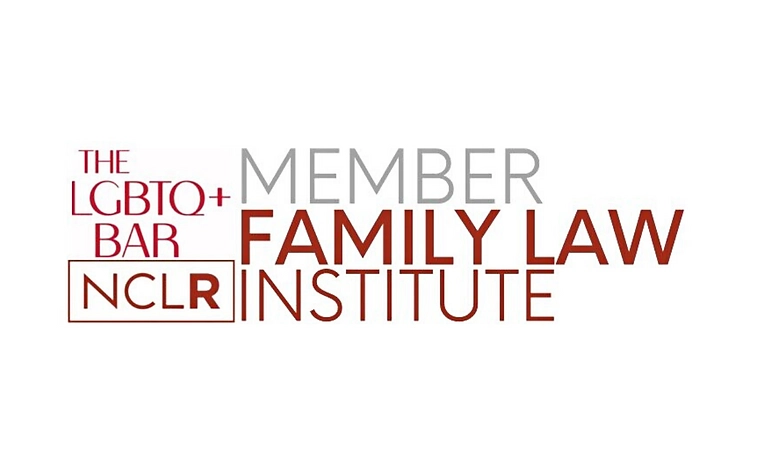Heirs’ Property Attorneys, Resolving Legal Issues for North Carolina Families
- Home
- Heir’s Property
Expert Heirs’ Property Lawyer Safeguards Your Real Property Owned by Family
Welcome to the Heirs’ Property practice at the Law Office of Crystal M. Richardson, PLLC. Heirs’ property issues often arise when real estate is passed down through generations without a formal will or clear title history, which presents a host of problems when trying to determine who is the rightful owner.
Are you unsure of who owns a particular piece of property that’s been in the family for years? Has the conversation become about who “should” get the property instead of who “legally” owns the property? Perhaps you are facing a quite title action, have an unstable co-owner, or want to initiate or defend a petition action?
Heirs’ property issues need not be a source of stress or division within your family. At the Law Office of Crystal M. Richardson, PLLC, we possess the knowledge and experience to guide you through this complex area of law, offering tailored solutions to your unique needs. Our mission is to help you protect your family heritage and secure your family’s future.
Practice Area
LET OUR HEIRS’ PROPERTY ATTORNEYS HELP TODAY
What is Heirs’ Property?
We Help You Preserve Your Heritage and Peace of Mind
Heirs’ Property is a form of collective land ownership involving family members and a piece of land that has been in the family for many years. Usually, the land involved is the first piece of land owned by the original owners and it has been passed down to their family members. Historically, collective ownership of family land was valued as a way to ensure family wealth and stability. While this is often true, complex legal challenges often arise in this form of ownership that can compromise the goals of family wealth and stability.
We represent individuals and families who own heirs’ property and we help to untangle ownership and resolve legal issues which impact the legal ownership of the property. We then help our clients and their families to develop a strategy for optimizing the economic and social values of the property.
Why Do I Need An Heir’ Property Attorney?
Heirs’ property impacts a significant amount of United States families, however, it disproportionately impacts Black and Brown families. Specifically, heirs’ property is a significant driver of African American land loss in the United States. This is widely attributed to lack of Will making, but even with a Will, if poorly drafted, can create heirs’ property issues.
Heirs’ property can lead to many complex legal issues:
- Heirs’ property ownership is susceptible to partition actions which is a form of litigation that threatens co-ownership rights
- Challenges coming to an agreement with other co-owners, leaving heirs’ property owners feeling legally trapped and frustrated
- Inability to clear title, leaving owners unable to build and preserve wealth
- Difficulty sustaining heirs’ property due to inability to participate in tax relief programs
- Subsequent legal issues involving easements, operating businesses if they exists, liability, and so on.
At the Law Office of Crystal M. Richardson PLLC, we can help you the following matters in regards to your family-owned property:
- Land retention and planning for intergenerational ownership of family land
- Reviewing public records, such a birth and death records
- Making recommendations for next steps, such as estimate costs for each stage of resolving the heirs’ property matter, creating an LLC, trust, or another business entity to hold the land.

Protecting Your Right to Real Property and Clarifying Ownership of Mutigenerational Real Estate
Our legal team provides comprehensive and pragmatic legal guidance and solutions to protect you from financial loss and generational harm.
We have the experience and knowledge to navigate the complex legal landscape of heir’ property matters in North Carolina. At the Law Office of Crystal M. Richardson, PLLC, we work closely with our clients to understand their unique needs and goals, and we develop strategies to protect their interests while minimizing financial losses and harm to the reputation of the estate or family.
Trust our firm for comprehensive heir’ property legal strategy – at a time when strategy matters most.
Contact us today to schedule an initial assessment.
FAQs
1. Q: What is heirs’ property?
2. Q: How is heirs’ property created?
3. Q: What are the challenges associated with heirs’ property?
A: Challenges with heirs’ property includes potential conflicts among heirs, unclear ownership titles, difficulty obtaining financing, and challenges in selling or transferring the property. Disputes may arise over property management decisions, and the lack of a clear division of ownership can complicate decision-making. Additionally, challenges may include difficulty maintaining the property, as unanimous consent is often required for significant decisions.
4. Q: How is ownership determined in heirs’ property?
5. Q: Can an heir force the sale of heirs’ property?
6. Q: How can heirs manage and maintain heirs’ property?
7. Q: Can heirs sell their share of heirs’ property independently?
8. Q: What is a partition action, and how does it work for heirs’ property?
9. Q: Can heirs rent out or lease heirs’ property?
10. Q: How can heirs address disputes over heirs’ property?
11. Q: Can the state force the sale of heirs’ property for unpaid taxes?
12. Q: How can heirs convert heirs’ property into individually owned parcels?
13. Q: Can a will impact heirs’ property distribution?





Contact Us
Phone: 336-805-6200
Email: info@CrystalRichardsonLaw.com
Mailing Address
265 Eastchester Drive
Suite 133, #111
High Point, NC 27262
Business Hours
Mon to Thurs: 9 a.m. to 6 p.m.
Fri: 9 a.m. to 3 p.m.
Sat and Sun: Closed